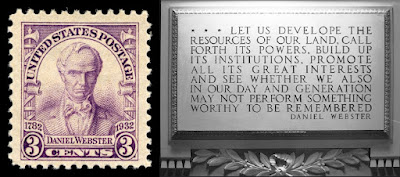The use of a converted horse box for mail transportation on the Grand
Junction Railway took place, on 20 January
1838. On this day, the first experimental mail train, using a
converted horse box with letter sorting frames, successfully operated
between Birmingham and Liverpool on the Grand Junction Railway. This
event marked an early innovation in the transportation of mail by
trains, eventually leading to the development of dedicated mail services
and the integration of rail transport into postal systems.Specially built dedicated Travelling Post Office (TPO) carriages began running soon after. These TPOs continued to operate until the night of 9 January 2004.
More at
https://www.postalmuseum.org/blog/victorian-mail-transport











